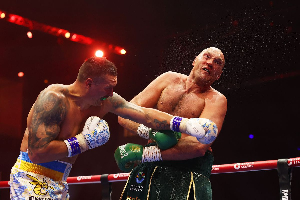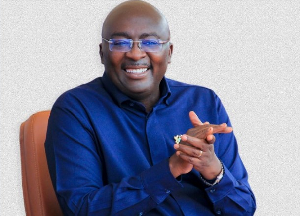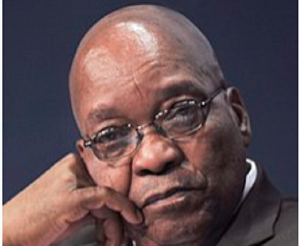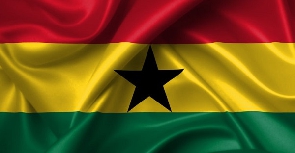- Home - Entertainment
- Lifestyle News
- Entertainment Videos | TV
- Year In Review
- Music News
- Entertainers
- Entertainment Archive
- Entertainment Photos
- Jokes
- Entertainment Headlines
- Ameyaw Debrah
- Brown GH
- Celebrities Buzz
- GH Base
- Ghana Celebrities
- Gh Gossip
- GH Page
- GH Splash
- Hot Gossip GH
- YEN

Entertainment of Friday, 20 May 2005
Source: GNA
Prof Yankah lauds radio revival of languages
Elmina, May 20, GNA - A lecturer in linguistics at the University of Ghana, Professor Kwesi Yankah, has lauded efforts by some radio stations to revive the use of Ghanaian languages on their programmes. He said the liberalization of the airwaves had precipitated not only mass participation in the nation's democratic process, but helped to preserve, revive and valorize Ghanaian languages, whose use were on the decline in the media.
Prof. Yankah was speaking on "the state, multilingualism and the media", at the on-going national conference on culture and education, in Elmina. It is geared towards creating awareness of the importance of culture in formal education.
He said in certain cases, the use of minority languages, which had been on the decline, has been revived, especially with the help of community radio stations dotted throughout the country.
"Thus apart from the major Ghanaian languages like Akan, Ewe, Ga and Dagbani, several minority dialects such as Dangme, Efutu and Bono now have their fair share of exposure through community stations". Prof. Yankah said to several minority ethnic groups, the continuous use of their language in the media revitalizes it and paves the way for growth, rather than a decline and possible extinction. According to him, the upsurge in the use of Ghanaian languages on radio had also had ripple effects in media advertising, whose Ghanaian language content has tremendously increased.
Altogether, the linguistic revival of Ghanaian languages through the media, has given jobs to Ghanaian language specialists who were thrown out of jobs in the past, he said.
He observed that the situation was leading to a greater facilitation of consensus building and grassroots involvement in the democratic process.
"This way, not only have we promoted democracy, we have also added value to the indigenous language and indeed our entire cultural heritage", he said.
Prof. Yankah was however unhappy that none of the more than 70 newspapers being published in the country, is in the Ghanaian language, unlike between the 1930s and 70s, when there were Ghanaian language newspapers like 'Nkwantabisa', 'Asenta', 'Kyerema' and 'Ansuon'.
Dr James Flolu of the University of Education, Winneba, said to ensure that the force of culture influences the nation's development efforts, there was the need for a radical revision of teaching methodologies.
According to him, teaching in the classroom, must involve an integrated, holistic and dynamic process where both teachers and students are learners.
Dr James Flolu, who spoke on "learning in culture and learning through culture: a Ghanaian perspective", said such teaching, must be a broad process leading to an understanding of the total environment regarding social, economic, political and gender issues.
Speaking on "gender and culture in education", Dr Joana Opare, a gender consultant, said a more inclusive development, especially in the areas of education and policy-making process, which reflects the voices of different categories of women and allows for cultural pluralism, was imperative for sustainable development and gender equity.
The conference was organised by the National Commission on Culture and the Ministry of Education with support from the Royal Netherlands Embassy and the Konrad Adenauer Foundation.


![Screenshot from the viral video [Courtesy social media] Screenshot from the viral video [Courtesy social media]](https://cdn.ghanaweb.com/imagelib/pics/981/98175708.295.jpg)







